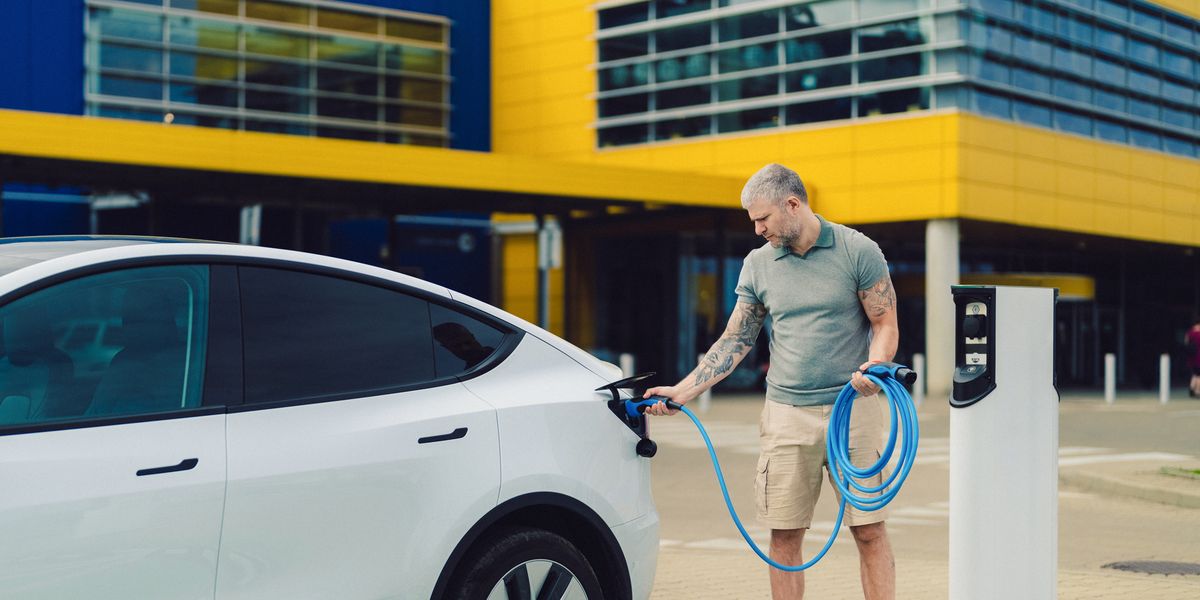I posted this article in the Tesla Cybertruck thread. I considered making a stand alone thread, but it seemed to fit there too.
In any case, the EV Kona is about $8K per year more than it's gas counterpart. Depreciation is a big part of that. Some responses also include the fact that charging on the road is actually more expensive than gas, with the crazy pricing strategies of fast chargers, some of which are near 50c per KWh now and EV owners are starting to understand they purchase as much as 30% more power than the "display" says they use per mile.
Here is how I see it:
1) I love EV's, the way they drive, the outrageous performance, the low center of gravity, the response.
2) The truly capable and full size EV's are $100K++ vehicles
3) Lesser EV's have shortcomings somewhere, either in size, range, performance or all 3
4) EV's don't have the highway range claimed, regardless of those claims. If I buy one, I should expect sub 200 mile highway legs.
5) A 70 or 80KWh battery is a small battery and can't be asked to do the work of a gas engine and normal sized fuel tank.
6) EV's use 60-70% of battery capacity on highway trips, due to time constraints.
Like it or not, the Nissan Altima is larger than a Model 3, about 1/2 the cost, and will go 600 miles on a tank on the highway at 85MPH. 4x what a model 3 can do between reasonable length charges. As you can't quickly "fill up" a EV.
Put another way, the Altima can go from NY to FL with one fuel stop.


